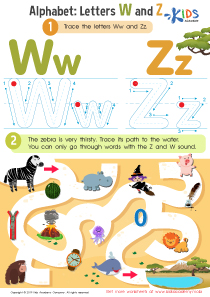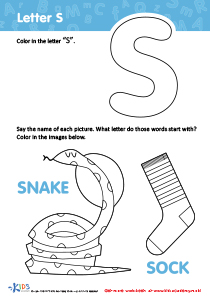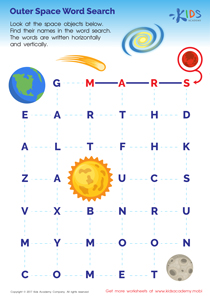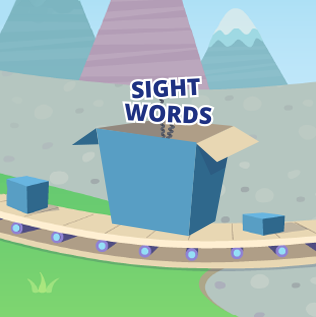English Language Arts Lessons | Respond to Stories Read Aloud, Grade 3
0 results
Our Respond to Stories Read Aloud Lessons for Grade 3 students are designed to enhance their reading comprehension skills. Our interactive worksheets, educational videos, and assessment quizzes will engage and challenge your child as they learn how to respond to stories read aloud. With our curriculum, students will explore the most important elements of storytelling, including plot, character development, and setting. These lessons are perfect for children who want to improve their reading skills and for parents who want to help their children develop a love of reading. Sign up today and watch your child grow into a confident and enthusiastic reader.
The Respond to Stories Read Aloud Lessons can benefit children in Grade 3 in many ways. These lessons are designed to help children develop their reading comprehension skills, increase their vocabulary, and improve their critical thinking abilities. The lessons involve interactive worksheets, educational videos, and assessment quizzes, making them an engaging and interactive learning experience for kids.
Reading comprehension is a vital skill for children to develop, as it is the foundation for all academic learning. Respond to Stories Read Aloud Lessons help children to develop this skill by asking them to listen to a story being read aloud and then to answer questions about the story. This process helps children to develop their reading comprehension by teaching them to analyze and understand the story’s plot, characters, and themes. The interactive worksheets included in these lessons provide children with practice in identifying the different parts of a story, such as the setting, characters, and plot. This, in turn, helps children to develop their analytical skills, which will help them in all areas of their academic studies.
Another way Respond to Stories Read Aloud Lessons can help kids is by increasing their vocabulary. Vocabulary is a crucial part of reading comprehension, and children need to learn new words to understand the texts they read. The lessons include a range of vocabulary enrichment activities, enabling children to learn new words in context and incorporate them into their language skills.
In addition, Respond to Stories Read Aloud Lessons can help children to develop critical thinking abilities. The stories included in the lessons often have complex plots and themes, which require children to analyze and evaluate them. They will be asked to identify the main idea of the story, make inferences about character motives and feelings, and make predictions about what might happen next. Working through these activities helps children to develop their analytical and synthesis skills, which are essential for higher-order thinking and problem-solving in all subjects.
Moreover, the interactive videos and assessment quizzes allow children to learn in a fun and engaging way. These videos are designed to reinforce the concepts taught in the lessons and provide children with an entertaining way to learn. The assessment quizzes are a useful tool, allowing children to test their understanding of the lessons’ content and track their progress. These quizzes also provide teachers with a way to monitor student progress and adjust instruction accordingly.
In conclusion, Respond to Stories Read Aloud Lessons can be of great benefit to children in Grade 3. The lessons help children to develop reading comprehension skills, expand their vocabulary, and improve their critical thinking abilities.



















